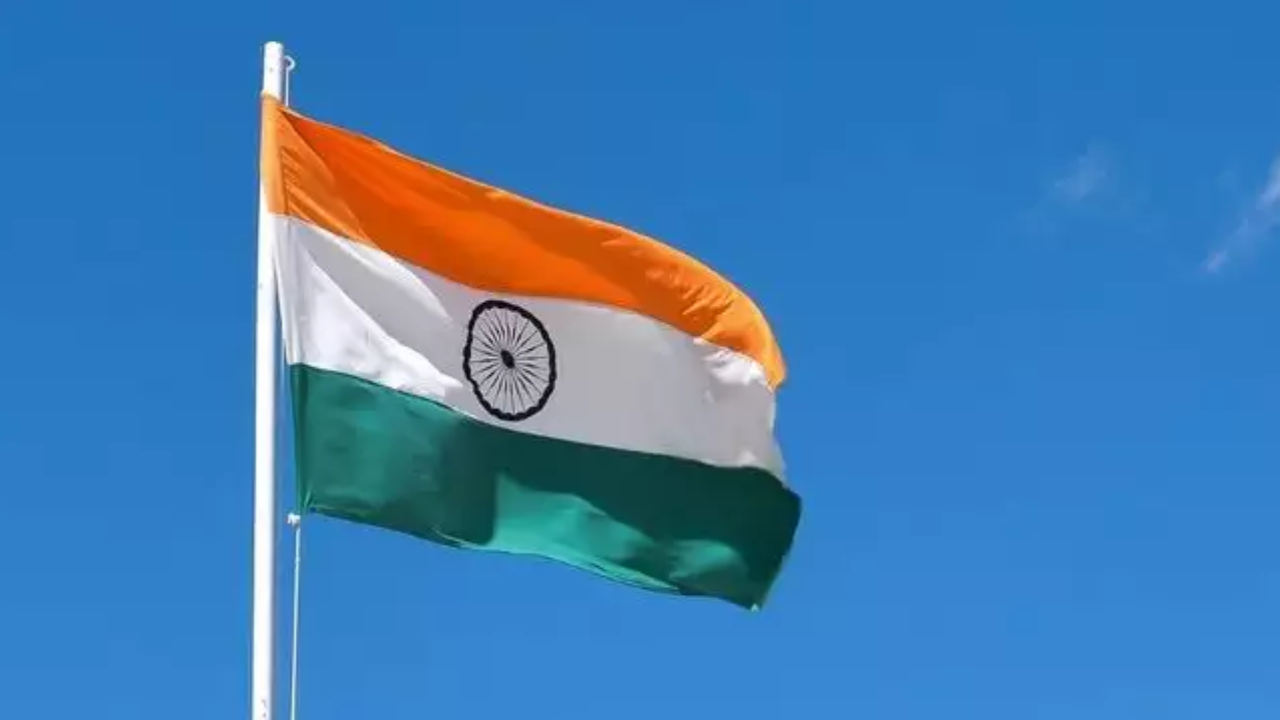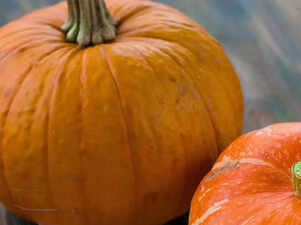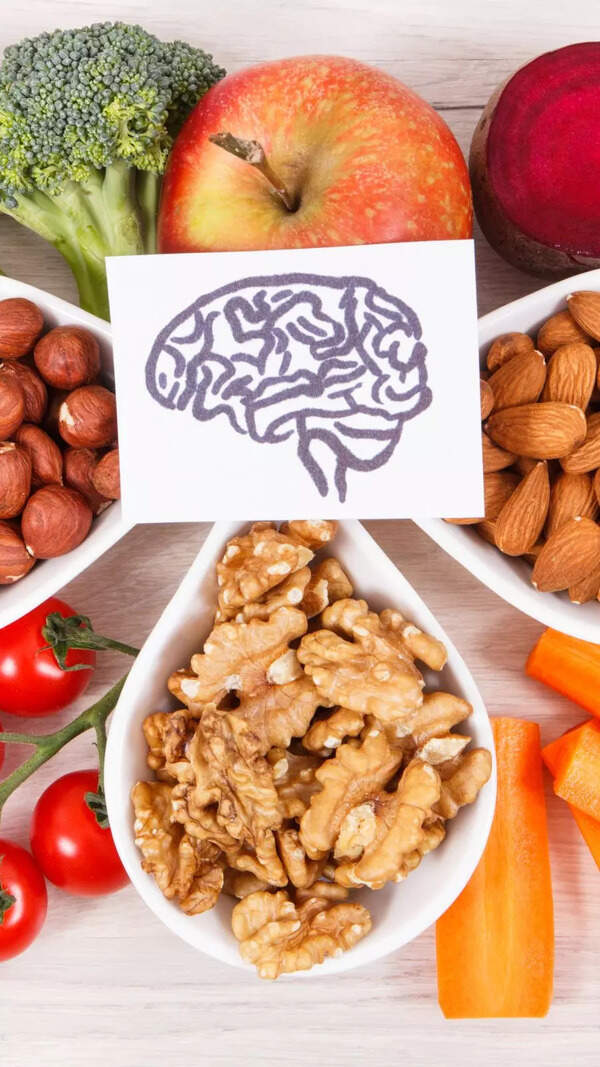Independence Day 2023: History, Significance, and Celebrations
- FILMIPOP
- Created : Aug 14, 2023, 11:00 IST
Synopsis
The history, significance, and celebrations of India's Independence Day are a source of immense pride for every Indian citizen. Read below to know more:
Every year on the 15th of August, India proudly celebrates its Independence Day, commemorating the nation's hard-fought struggle for freedom from British colonial rule. This historic day is not just a mere holiday; it is a testament to the indomitable spirit and determination of a nation to achieve self-governance. The history, significance, and celebrations of India's Independence Day are a source of immense pride for every Indian citizen.
History of Independence Day
The roots of India's fight for independence can be traced back to centuries of foreign rule and exploitation. The British East India Company established its dominance in India in the 17th century, gradually extending its control over vast territories. The exploitation of India's resources, the suppression of its culture, and the harsh economic policies led to growing resentment among the Indian population.
The 19th century witnessed the emergence of Indian leaders who began to advocate for social and political reforms. Figures like Raja Ram Mohan Roy, Dadabhai Naoroji, and Bal Gangadhar Tilak raised their voices against British dominance and sought to awaken national consciousness. However, it was Mahatma Gandhi who provided the impetus for a non-violent mass movement against British rule.
Gandhi's philosophy of non-cooperation, civil disobedience, and satyagraha (truth force) inspired millions of Indians to join the fight for freedom. The Salt March, the Quit India Movement, and various other protests chipped away at the foundation of British authority. Finally, after years of struggle, sacrifices, and negotiations, India gained its independence on the midnight of August 15, 1947.
Significance of Independence Day
Independence Day holds profound significance for India and its people. It marks the day when India was freed from centuries of foreign rule and oppression, allowing the nation to chart its own course and determine its destiny. This day symbolizes the triumph of unity, resilience, and the unwavering spirit of the Indian people.
Moreover, Independence Day is a reminder of the values that form the bedrock of the nation's identity – democracy, secularism, and pluralism. It's a celebration of the diversity that characterizes India, as well as a reminder of the responsibility to protect and preserve these values for future generations.
Celebrations of Independence Day
Independence Day is celebrated with immense enthusiasm and patriotic fervor across the country. The celebrations typically kick off with the raising of the national flag by the Prime Minister at the Red Fort in Delhi, followed by a powerful speech that reflects upon the nation's progress, challenges, and aspirations.
Schools, colleges, and government offices hoist the tricolor flag and organize cultural programs to showcase the rich heritage of India. Patriotic songs, dances, and performances are common during these events, fostering a sense of pride and unity among the people.
One of the most iconic rituals on Independence Day is the kite-flying competition. People of all ages take to the rooftops to fly colorful kites, symbolizing freedom and the soaring spirit of the nation. This tradition is particularly strong in states like Gujarat and Rajasthan.
Another hallmark of the celebrations is the parade held in various cities across the country. The Delhi parade is especially grand, featuring displays of India's military might, cultural diversity, and technological advancements. Floats representing different states showcase their unique traditions and achievements. This parade is not only a spectacle but also a source of inspiration, highlighting the nation's progress since independence.
Apart from the official celebrations, many citizens engage in community service and volunteer work on this day, emphasizing the importance of giving back to society and contributing to the nation's development.
History of Independence Day
The roots of India's fight for independence can be traced back to centuries of foreign rule and exploitation. The British East India Company established its dominance in India in the 17th century, gradually extending its control over vast territories. The exploitation of India's resources, the suppression of its culture, and the harsh economic policies led to growing resentment among the Indian population.
The 19th century witnessed the emergence of Indian leaders who began to advocate for social and political reforms. Figures like Raja Ram Mohan Roy, Dadabhai Naoroji, and Bal Gangadhar Tilak raised their voices against British dominance and sought to awaken national consciousness. However, it was Mahatma Gandhi who provided the impetus for a non-violent mass movement against British rule.
Gandhi's philosophy of non-cooperation, civil disobedience, and satyagraha (truth force) inspired millions of Indians to join the fight for freedom. The Salt March, the Quit India Movement, and various other protests chipped away at the foundation of British authority. Finally, after years of struggle, sacrifices, and negotiations, India gained its independence on the midnight of August 15, 1947.
Significance of Independence Day
Independence Day holds profound significance for India and its people. It marks the day when India was freed from centuries of foreign rule and oppression, allowing the nation to chart its own course and determine its destiny. This day symbolizes the triumph of unity, resilience, and the unwavering spirit of the Indian people.
Moreover, Independence Day is a reminder of the values that form the bedrock of the nation's identity – democracy, secularism, and pluralism. It's a celebration of the diversity that characterizes India, as well as a reminder of the responsibility to protect and preserve these values for future generations.
Celebrations of Independence Day
Independence Day is celebrated with immense enthusiasm and patriotic fervor across the country. The celebrations typically kick off with the raising of the national flag by the Prime Minister at the Red Fort in Delhi, followed by a powerful speech that reflects upon the nation's progress, challenges, and aspirations.
Schools, colleges, and government offices hoist the tricolor flag and organize cultural programs to showcase the rich heritage of India. Patriotic songs, dances, and performances are common during these events, fostering a sense of pride and unity among the people.
One of the most iconic rituals on Independence Day is the kite-flying competition. People of all ages take to the rooftops to fly colorful kites, symbolizing freedom and the soaring spirit of the nation. This tradition is particularly strong in states like Gujarat and Rajasthan.
Another hallmark of the celebrations is the parade held in various cities across the country. The Delhi parade is especially grand, featuring displays of India's military might, cultural diversity, and technological advancements. Floats representing different states showcase their unique traditions and achievements. This parade is not only a spectacle but also a source of inspiration, highlighting the nation's progress since independence.
Apart from the official celebrations, many citizens engage in community service and volunteer work on this day, emphasizing the importance of giving back to society and contributing to the nation's development.














